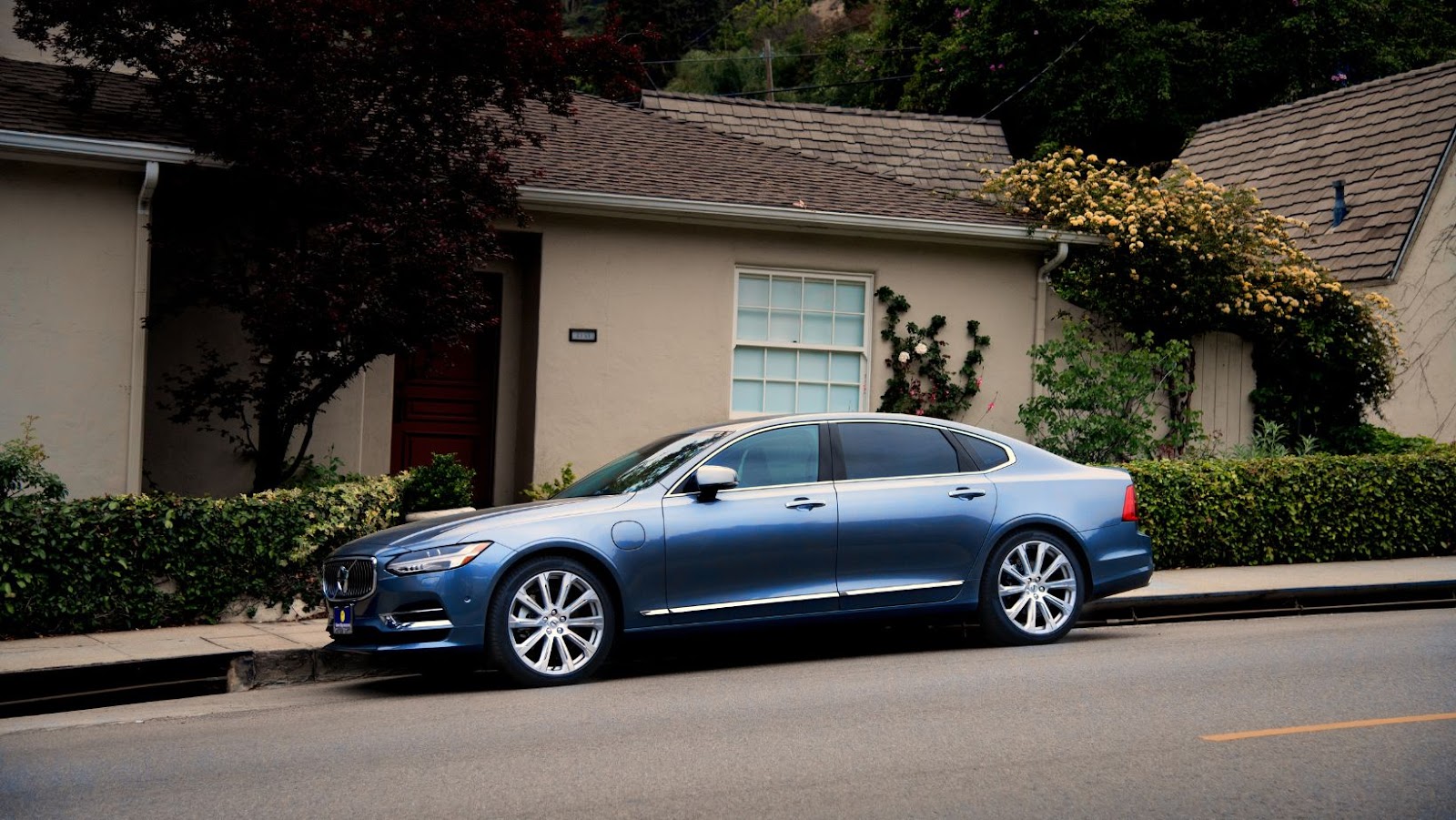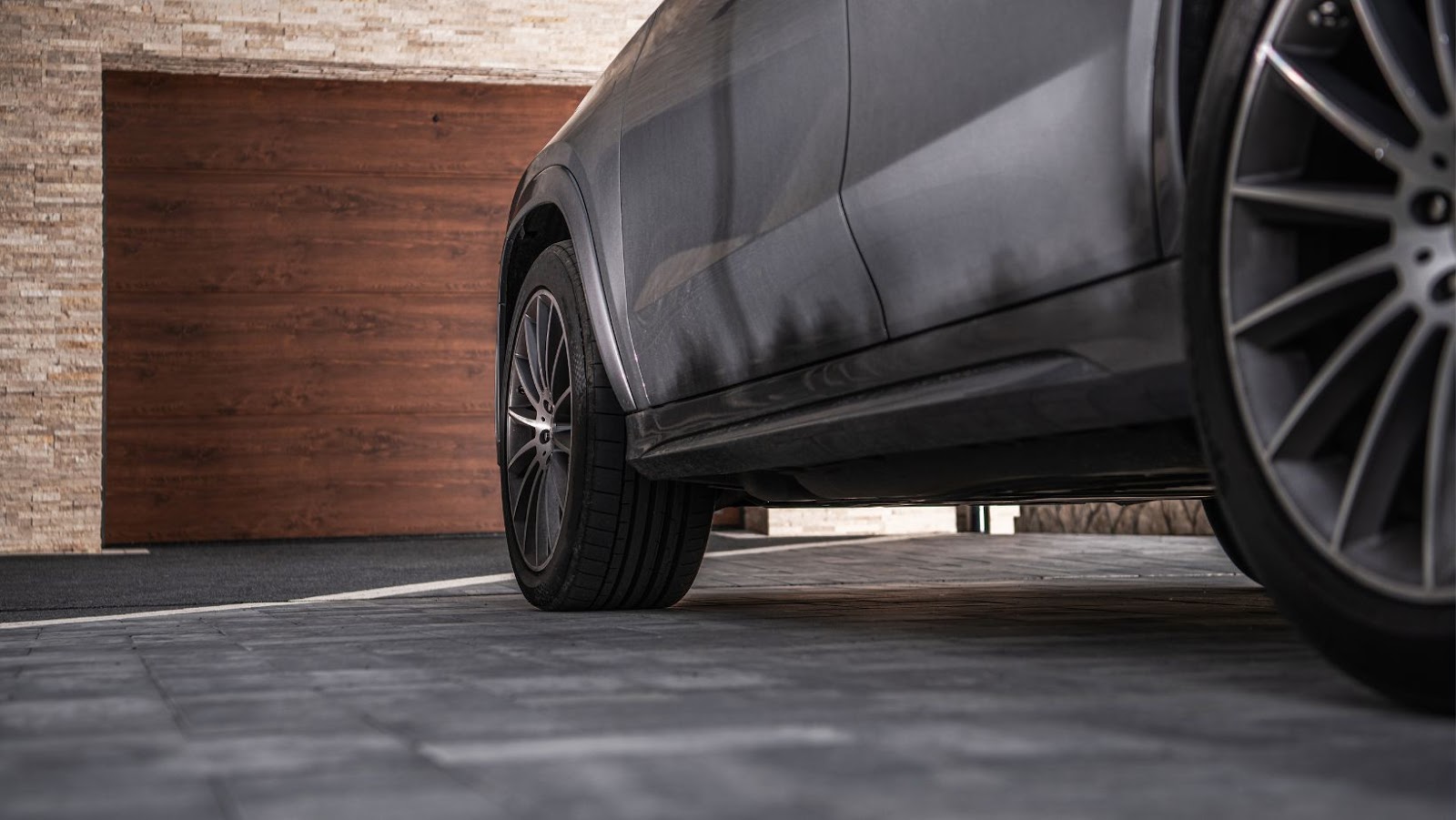When parking near a driveway or on the road, it is important to understand the laws and regulations that can affect where and how long you can park. Depending on your location, there may be different rules in place.
It is essential to be aware of how close you are allowed to park to driveways, as this can vary depending on where you live. It is essential to ensure that your parking does not obstruct any entrances or exits, as this could result in a fine or other penalties. Additionally, consider potential obstructions such as street lighting posts, bollards and other items that may hinder access when entering or leaving the driveway.
In this guide, we will explore all aspects of how close it is legal to park near a driveway so that you are aware of your responsibilities when parking in residential areas.
What is the law on parking near driveways
In many areas of the United States, there is a law that regulates how close you can park to a driveway. This law is important because it allows for efficient use of public streets and parking lots. By understanding this law, you can make sure that you are parking legally and avoiding potential fines or other issues with the law. In the following sections, we’ll delve into the details of this law and discuss how close you can park to a driveway.
How close can you park to a driveway
The answer to how close can you park to a driveway depends on many factors, including the laws in your jurisdiction, the type of public or private property it is located on, and the road surface from which it is accessed. Generally speaking, it’s important to leave enough space for drivers entering or leaving a driveway to do so safely and without obstruction.
In some jurisdictions, there may be specific laws regarding how close you can park to a driveway. In such cases, it is typically required that you leave at least three meters (10 feet) between your vehicle and the driveway entrance. Some cities may have different rules based on whether the parking spot is on public or private property; for example, Halifax Regional Municipality in Canada states that vehicles must be parked at least two meters (6.5 feet) away from any grade-level residential driveway accessed from a street with curbs or gutters that are not higher than one meter (3 feet).
However, wherever you are parking near driveways– even if there are no legally prescribed distances– it’s always important to assess the space available so that drivers entering or leaving the property can do so safely without risk of accidents or damage to their vehicles.
Are there any exceptions to this rule
The general rule is that cars should not be parked within 10 feet of a driveway or garage entrance. But this can vary depending on the state in which you reside. You should check with your local authorities or state law to determine any exceptions to this rule.
In some areas, it may be permissible to park even closer if no damage will be done to any property and there is no risk of blocking access to an area or creating a traffic hazard. This should always be checked with local police before parking near a driveway entrance, as you could potentially face a fine if caught parking within the 10 foot limit in violation of the law.
It’s also important to note that in some cases, special accommodations may be offered for disabled drivers who need closer access for their vehicles. These accommodations are typically determined on an individual basis and require verification from a healthcare professional (such as a doctor).
What are the penalties for parking too close to a driveway
Parking too close to a driveway can cause major issues for the owner of the driveway. It may block access to their business, home, or other residence. In some cases, it can be considered a parking violation and can lead to penalties. The law on parking near a driveway varies by country, state, and even city, so it’s important to know the rules of your specific area. Let’s look into the potential penalties for parking too close to a driveway.
What are the fines for parking too close to a driveway
Generally speaking, parking within 5 feet of a driveway is illegal in all states throughout the United States. Fines for violating this law vary based on the location, so local laws should be consulted to determine the exact fines associated with parking too close to a driveway.
In most states, however, this violation can incur up to $30 in fines. Depending on where you live, further charges may be applied if the vehicle remains unattended after being issued a ticket or is parked in a hazardous manner. Consulting local laws can help determine what additional fines may be in effect for such violations. In addition, vehicles found parked illegally too close to driveways may also be towed without warning or prior notification. This is because such obstructions may impede emergency vehicle access and hence endanger public safety and welfare.
It’s important to remember that parking rules do vary from place to place; so it’s good practice to familiarize yourself with applicable laws prior to leaving your car parked near someone else’s driveway. Failing to do so could result in unnecessary fines and fees and even the potential for your vehicle being towed away by the authorities.
What other penalties can be imposed
In addition to getting a parking ticket, there may be other penalties imposed if you park too close to a driveway. Parking too close to a driveway is considered a safety hazard and some states may also issue fines or suspend your driver’s license as an additional penalty. For example, in California, intentionally parking too close to a driveway is considered illegal and subject to fines up to $35.
Other states impose different penalties for this action, including points on the driver’s record leading to higher insurance premiums or even loss of driving privileges in extreme cases. It’s always important to check with your local authorities regarding any specific laws in your area. In some cases, you may only receive warnings for minor infractions such as parking too close or parking on the wrong side of the street, but it is still important to adhere to all relevant laws when it comes to public safety.
How do you avoid parking too close to a driveway
It’s important to be aware of the laws when it comes to parking near driveways. Depending on where you live, there may be restrictions on how close you can park to a driveway. This can vary from state to state, so it is important to be aware of the local laws to ensure that you are not parking too close and breaking the law. In this article, we will discuss how you can avoid parking too close to a driveway.
What are some tips for avoiding parking too close to a driveway
When it comes to parking near driveways, one of the most important considerations is both safety and compliance with the rules and regulations. To ensure you don’t put yourself or others at risk, and that you aren’t breaking any local laws, below are some tips for avoiding parking too close to a driveway:
-Make sure to keep at least two car lengths away from the driveway: Generally speaking, it’s recommended that you should keep at least two car lengths away from the driveway when parking. This will help reduce risks while also encouraging good driving etiquette.
-Follow signs and markings in car parks: Most car parks have designated spaces marked out where you are allowed to park. It is important to pay attention to all signage describing where these spots are so you can avoid parking too close to someone else’s private driveway.
-Check for local laws or regulations: Different cities have different laws or regulations on how close you can park to a driveway so make sure to double check before parking your vehicle near a private drive.
-Consider how access may be limited if parked incorrectly: If parked incorrectly, this can limit access for homeowners or even emergency personnel in an emergency situation. Make sure that any space that your vehicle occupies doesn’t impact other road users’ ability to gain access.
Are there any apps or websites that can help you find a safe place to park
Finding a safe place to park when you are close to a driveway can be challenging, as there are laws that must be abided by. Fortunately, there are some useful apps or websites that can help you locate a spot to park that is in accordance with the law.
Many cities have their own mobile apps, such as “Parking Meter” or “Chirp Parking”, designed to help drivers locate free or legal parking spots within their city limits. Users will receive guidance and direction on where they must park when they get close to a driveway, ensuring they remain compliant with any local regulations.
In addition, some metropolitan areas may have an interactive website providing real-time information regarding parking availability across selected neighborhoods and streets. These websites typically provide detailed information including legal parking areas and driveways with easy-to-navigate maps indicating the best location options for motorists.
It is also possible to access other similar services online via mobile applications such as Google Maps and Waze which will help you find and avoid potential fines due to illegal parking near driveways and in other restricted areas. With this technology now available, avoiding the wrong end of a ticket has never been easier!
Conclusion
In conclusion, parking in the vicinity of a driveway is heavily restricted. Most areas require at least six feet of clearance between your vehicle and the driveway entrance or exit. You should also take caution if you are considering stopping near a driveway to unload or pick up travelers. The best thing you can do is to seek out safer parking spots, where there are no driveways or access points to consider.
By familiarizing yourself with local laws on obstructing private property and by exercising thoughtfulness when it comes to parking near driveways, you can ensure that everyone’s safety and rights are upheld. Moreover, this could assist in avoiding damage to your car or others’ vehicles, possible fines or any other issues that may arise due to wrongful parking near driveways.








